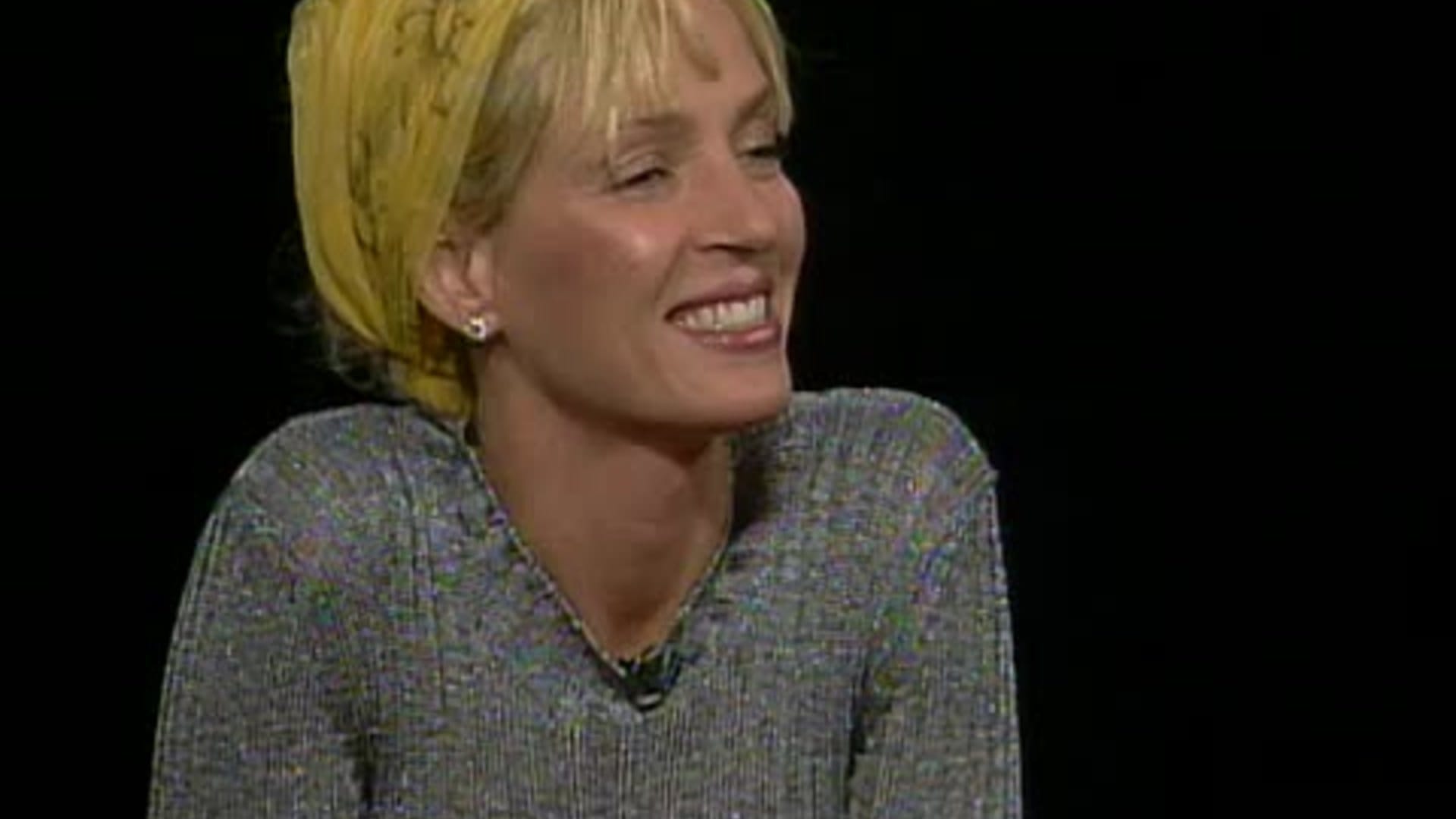UMA

I think I've developed a retrospective crush — along with a newfound admiration — for actress Uma Thurman after recently watching some of her past interviews on YouTube, particularly from around the Kill Bill Vol. 1 and Vol. 2 era. The more I appreciate her unique look, style, and personality back then, the more I regret that she didn’t appear in more high-quality films throughout the peak of her career. If that sounds in any way patronising, it’s not intended to be; rather, it’s a reflection of the increasing esteem in which I now view her.
Strangely, after Kill Bill Vol. 1 and Vol. 2—which had their fair share of production issues, to say the least (including producers Harvey Weinstein and Lawrence Bender, attempting to deny Thurman access to behind-the-scenes footage of a stunt crash in which she was badly injured)—she never really featured prominently in a major 'MAJOR' movie again. Of course, this likely had something to do with the actress being a mother and raising her young children, though one might also suspect (given the aforementioned issues during the shooting of Kill Bill) that her star power may have been quietly dimmed by certain powers that be. Then again, putting conspiratorial conjecture to one side, it's more than possible she simply chose to focus on less marquee projects in order to suit her preferred work/life balance—or maybe she simply didn’t have the instinct for picking stronger roles that matched her talent. It's also worth noting that Thurman is taller (approximately 6 feet tall (183 cm), than most Hollywood actresses which—given the infamous insecurities of certain leading men—may have made her a potential "no-go" as a co-star for certain roles.
Whatever the reasons, outside of her involvement with several Lars von Trier projects over the past decade, I can’t really name any standout films she’s done since Kill Bill Vol. 2, though admittedly, I haven’t seen a good number of her post-KB works.
Nevertheless, her qualities—more apparent to me now—do make me wonder why she didn’t enjoy a more sustained career as a top-tier star. I wholeheartedly agree with director Quentin Tarantino (with whom her career has become most associated) when, in an interview with Charlie Rose (04/22/2004) about Kill Bill, he said:
“She's the only actress, as far as I'm concerned, that has the true silver screen nitrate film glimmer. I can make the Dietrich analogy with no problem whatsoever. I can make the Garbo analogy. Not only that—it almost becomes weird—like, Uma would probably even be a bigger star if she were in the '30s, because that was the time that people like Uma Thurman ruled Hollywood."
Certainly, I could just as easily imagine Thurman playing Garbo’s role in Lubitsch’s Ninotchka (1939) as I could envision her in almost any Ingmar Bergman movie or as Alice Harford in Stanley Kubrick’s Eyes Wide Shut (1999). She possesses that elusive, timeless quality few movie stars possess. Perhaps Tarantino shoulders some of the blame for not being able to return to working with his "muse," due to the problematic nature of the Kill Bill shoot and the fallout from the Weinstein era—in which Thurman eventually found her own sort of revenge, not through violent actions à la The Bride, but through carefully chosen words in a pivotal interview article, "This Is Why Uma Thurman Is Angry" (February 3, 2018), written by journalist Maureen Dowd for The New York Times at the height of the Me Too movement.
“I used the word ‘anger,’ but I was more worried about crying, to tell you the truth. I was not a groundbreaker on the subject of this. I didn’t feel equipped to speak publicly. I had my reasons… I was assaulted.”
One other point of fascination for me regarding the 55-year-old actress is the fact that her father, Robert Thurman, is one of America's preeminent Buddhist scholars and translators — and someone my late father greatly admired. He often read Thurman's books and watched his lectures and dialogues on VHS, DVD, and later online. Having grown up around an esoteric Mahayana Buddhist myself, I feel a certain solidarity with Uma and wonder what it's like for her to converse with her father about spiritual matters. In my experience, Buddhists can often be quite pedantic about the use of language and syntax when articulating certain existential concepts.
Happily, I discovered one rare video on YouTube titled Love Your Enemies (June 18, 2014), where Uma sits on a panel with her father, Robert, and Sharon Salzberg, a renowned author and teacher of Buddhist meditation. They discuss suffering and compassion—two topics that were especially close to my dad’s heart.
It's also comical for me to imagine Bob Thurman meeting Tarantino, The New Yorker Buddhist sage mentally calculating the karmic imprint of those ultra-violent works his daughter starred in through the lens of his spiritual ethics. Perhaps he saw, in Pulp Fiction and Kill Bill Vol. 1 and 2, that despite the director's questionable penchant for violence, there was an underlying righteous morality to the films.
I would love to see the Thurmans' father-daughter spiritual dialectic commentary as an alternative approach to interpreting those movies. Would be fascinating.
Perhaps I'll drop them both an email. ^^